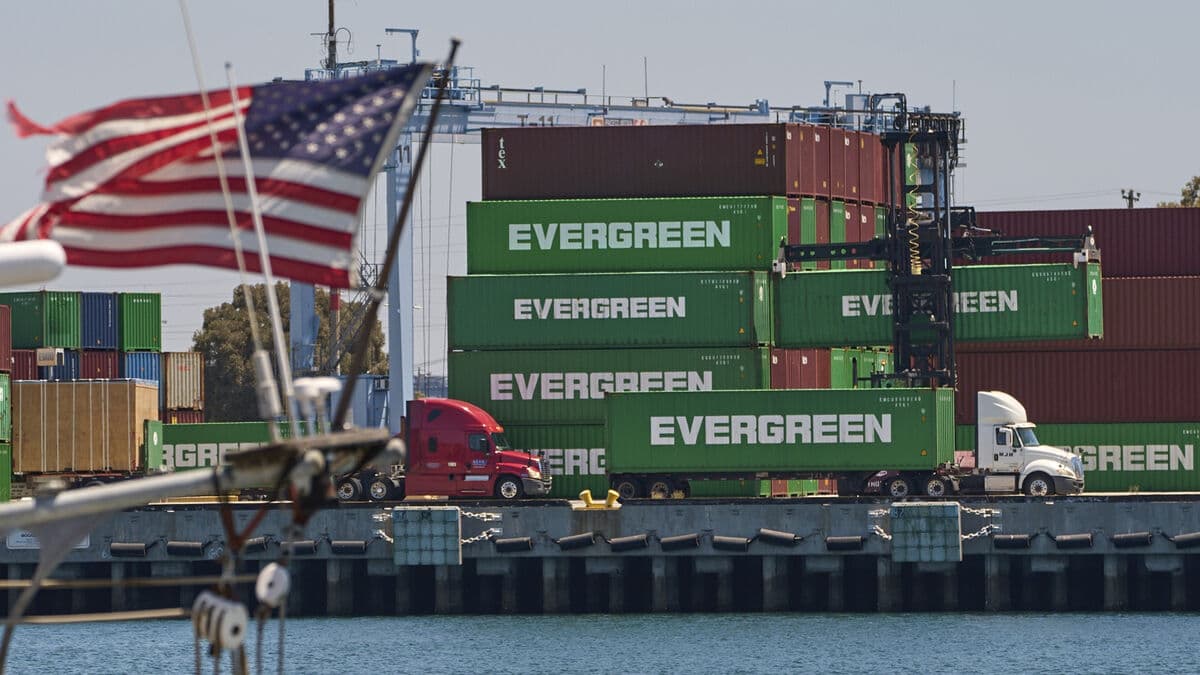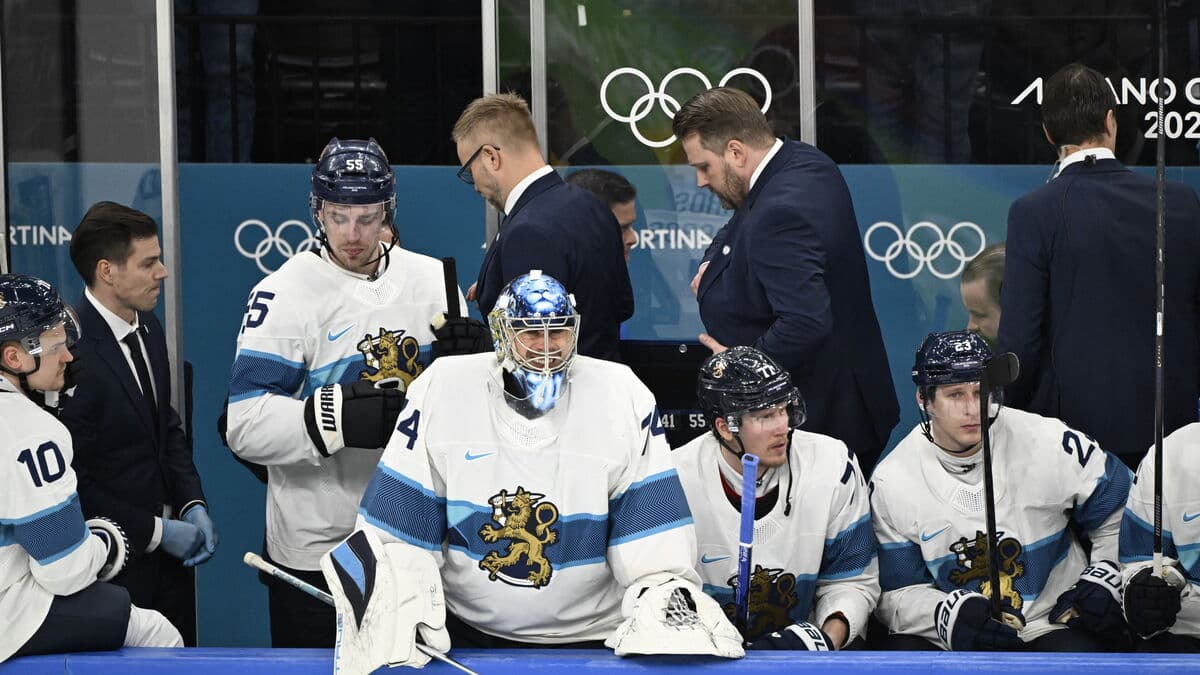He is pleased instead that the agreement was not scrapped entirely, which was a risk.
Then we could really have talked about a collapse.
There was also a proposal from the USA to change the entry into force procedure, which in practice would have meant that it would have been very difficult to implement at all, says Larsson, who is a climate policy expert at the industry organization Swedish shipping
And that was not done, instead it was paused. So this was the best of the worst, I suppose.
Advertisement
Industry clear
The pause applies for one year ahead when a new meeting will be held, announced the UN's shipping organization IMO on Friday after a vote initiated by Saudi Arabia.
Friday's meeting was held after IMO in April agreed on a new agreement with binding requirements to reduce shipping's climate emissions to net zero by 2050. EU countries and several other countries support the agreement, which according to Fredrik Larsson is also backed by the entire global shipping industry.
One can blame the industry for a lot over the years, that we have tried to drag our feet when it comes to how to act at IMO, but when it comes to this regulation, the industry has been the clearest: We want this.
For the industry, it is crucial to establish a global agreement that provides clear, long-term rules that are required to make the necessary investments, according to Fredrik Larsson.
USA brake block
Now you have an additional year to discuss the details of the agreement - and to clarify several question marks. This includes, according to Larsson, among other things, what will happen to the EU's regional emissions trading system if a global agreement comes into place.
During Friday, it was the USA that was the clear brake block, along with Saudi Arabia. The American government is said to have threatened sanctions against countries that voted in favor.
Fredrik Larsson admits that it is unlikely that the USA will change its mind within a year, but believes that one can still get enough countries on board to get the agreement through.
I think the prospects are not at all unlikely that it will go through in a year, he says.
Advertisement
To be adopted, yes from 72 of 108 member states is needed.
According to the regulation that IMO agreed on in the spring, sea-going vessels over 5,000 gross tons will be covered. It consists simply of three levels.
From 2028, vessels that emit little will be exempt from fees. For the middle level, a penalty fee of 100 dollars per carbon dioxide equivalent is paid. Those who emit more than the higher level are forced to either buy emission rights or pay a higher penalty fee of 380 dollars per ton.
Vessels that emit little can in turn sell their surplus of emission rights to large emitters.
Sources: IMO, Gard, EU.






